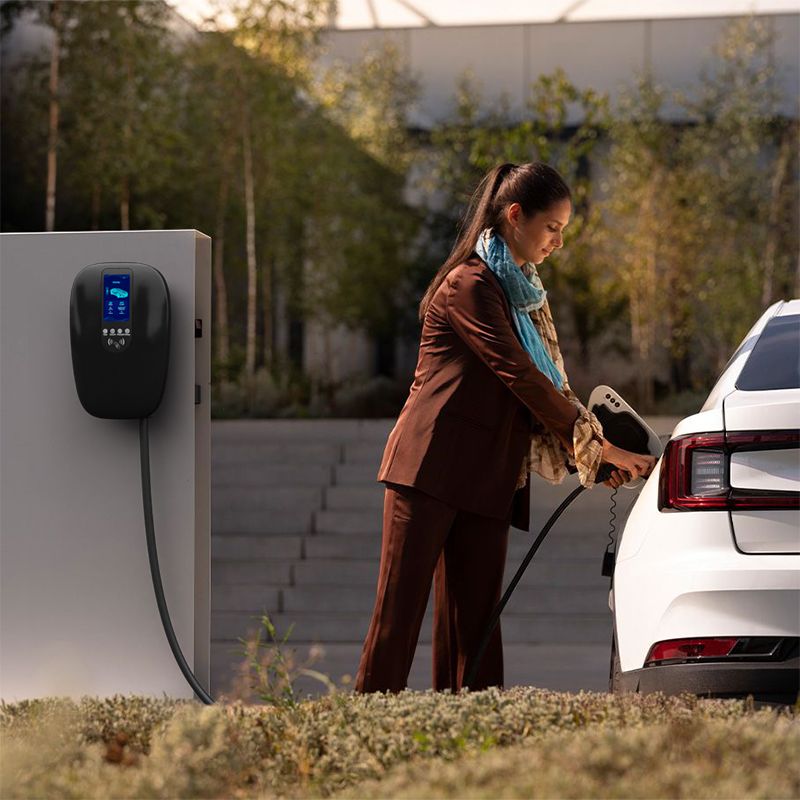The development of electric vehicle (EV) chargers is currently progressing in multiple directions, driven by advancements in technology, changes in user behavior, and the broader evolution of the electric mobility ecosystem. The key trends shaping the direction of EV charger development may be in these fields:
Faster Charging Speeds: One of the primary focuses in EV charger development is reducing charging times. Manufacturers and researchers are working on high-power chargers that can deliver significantly faster charging speeds, making EVs more convenient for users. Ultra-fast chargers, such as those using 350 kW or higher power levels, are becoming more common, enabling shorter charging stops and addressing range anxiety concerns.
Increased Power Density: Improving the power density of chargers is crucial for enhancing charging infrastructure. Higher power density allows for more efficient use of space and resources, making it possible to install chargers in locations with limited space. This is particularly important for urban environments where space is at a premium.
Wireless Charging: The development of wireless charging technology for EVs is gaining momentum. This approach eliminates the need for physical cables and connectors, providing a more convenient and user-friendly charging experience. While wireless charging is still in the early stages of adoption, ongoing research and development aim to improve its efficiency and make it more widely available.
Integration with Renewable Energy Sources: To promote sustainability, there’s a growing emphasis on integrating EV charging infrastructure with renewable energy sources. Some charging stations are incorporating solar panels and energy storage systems, enabling them to generate and store their own renewable energy. This not only reduces the environmental impact but also contributes to the resilience of the charging infrastructure.
Smart Charging Solutions: The integration of smart technologies is another key trend. Smart charging solutions leverage connectivity and data analytics to optimize charging processes, manage energy demand, and provide real-time information to users. These systems can help balance the load on the electrical grid, reduce peak demand, and enhance the overall efficiency of the charging infrastructure.
Expanded Charging Network: Governments, businesses, and industry stakeholders are collaborating to expand the EV charging network, making it more accessible and widespread. This includes the deployment of chargers along highways, in urban areas, and at workplaces. The goal is to create a seamless charging experience for EV owners, encouraging broader adoption of electric vehicles.
Standardization and Interoperability: Standardization of charging protocols and connector types is crucial for ensuring interoperability and compatibility across different EV models and charging networks. Efforts are being made to establish common standards globally, facilitating a smoother experience for EV users and streamlining the development of charging infrastructure.
In conclusion, the direction of EV charger development is marked by a commitment to faster, more efficient, and user-friendly charging solutions. As the electric mobility landscape continues to evolve, innovations in charging technology will play a pivotal role in shaping the future of sustainable transportation.
Post time: Nov-17-2023







